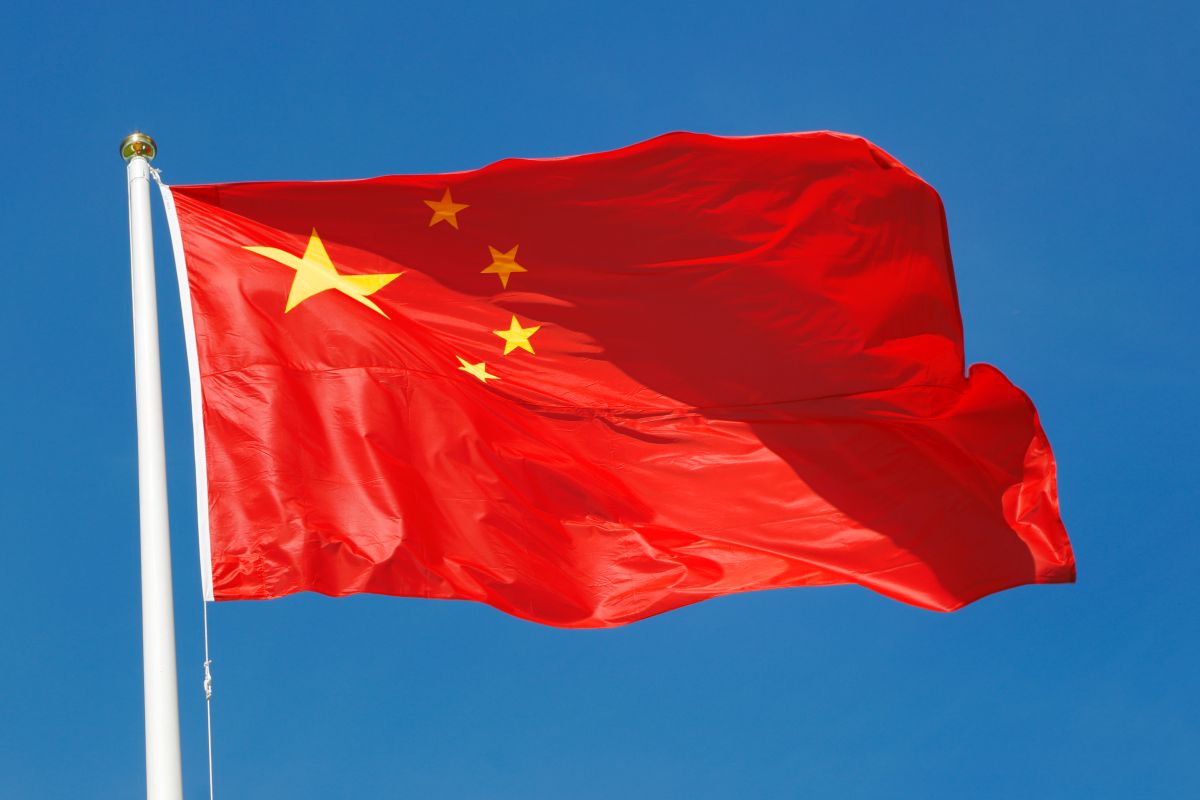In the vast geopolitical chessboard, one piece stands out as a potential game-changer in any conflict involving China and that is the Indian Ocean. Recent discussions in Western military and academic circles have shone a spotlight on the vulnerability of Chinese oil tankers navigating these waters. As tensions simmer, the strategic importance of this maritime arena could be China’s Achilles’ heel, holding the potential to reshape the dynamics of a conflict, particularly over Taiwan. The concerns voiced by military scholars echo a narrative of strategic vulnerability for China’s naval operations in the Indian Ocean. The lack of air support and dedicated bases leaves Chinese oil tankers exposed to a range of escalatory options, from interdiction operations to the haunting prospect of a blockade. In the cold calculus of warfare, these tankers, capable of carrying 2 million barrels of oil, become prized targets ~ reminiscent of a bygone era where economic resources were fair game.
The root of this vulnerability lies in China’s inability to secure its supply lines through the Indian Ocean. While Beijing has been diligently working to diversify its oil sources and decrease reliance on key chokepoints like the Malacca Strait, the reality is that a significant portion of China’s oil and natural gas imports still traverse these waters. The Pentagon’s estimate that approximately 62 per cent of China’s oil and 17 per cent of its natural gas imports pass through the Indian Ocean underscores the strategic challenge at hand. In this geopolitical game, China’s moves are constrained by its limited military presence in the Indian Ocean. Despite a network of potential bases along the ocean’s fringes, these locations lack the permanence and assurance needed in times of conflict. The disparity becomes glaring when compared to the robust US presence, with the 5th Fleet based in Bahrain and the 7th Fleet operating from Diego Garcia. Australia, too, is bolstering its patrols, adding another layer to the strategic asymmetry.
Advertisement
The vulnerability of China’s supply lines opens a menu of options for adversaries. As tensions escalate over Taiwan, the threat of harassment, interdiction, or even a blockade in the Indian Ocean becomes a potent lever. In a protracted conflict, akin to Russia’s war on Ukraine, the economic pressure on China could mount, potentially dissuading military action or escalating the costs of an invasion. Yet, as we navigate these geopolitical waters, it’s essential to acknowledge the inherent complexities. Blockades are notoriously challenging, and historical debates on their effectiveness linger.
China, too, has learned from history, maintaining strategic and commercial reserves of crude oil, some stored underground and impervious to satellite tracking. The diversification of energy sources through pipelines from Russia, Myanmar, and Kazakhstan further fortifies China’s position. As we watch this geopolitical drama unfold, the Indian Ocean is a stage where the balance of power could pivot, potentially reshaping the contours of global politics.











